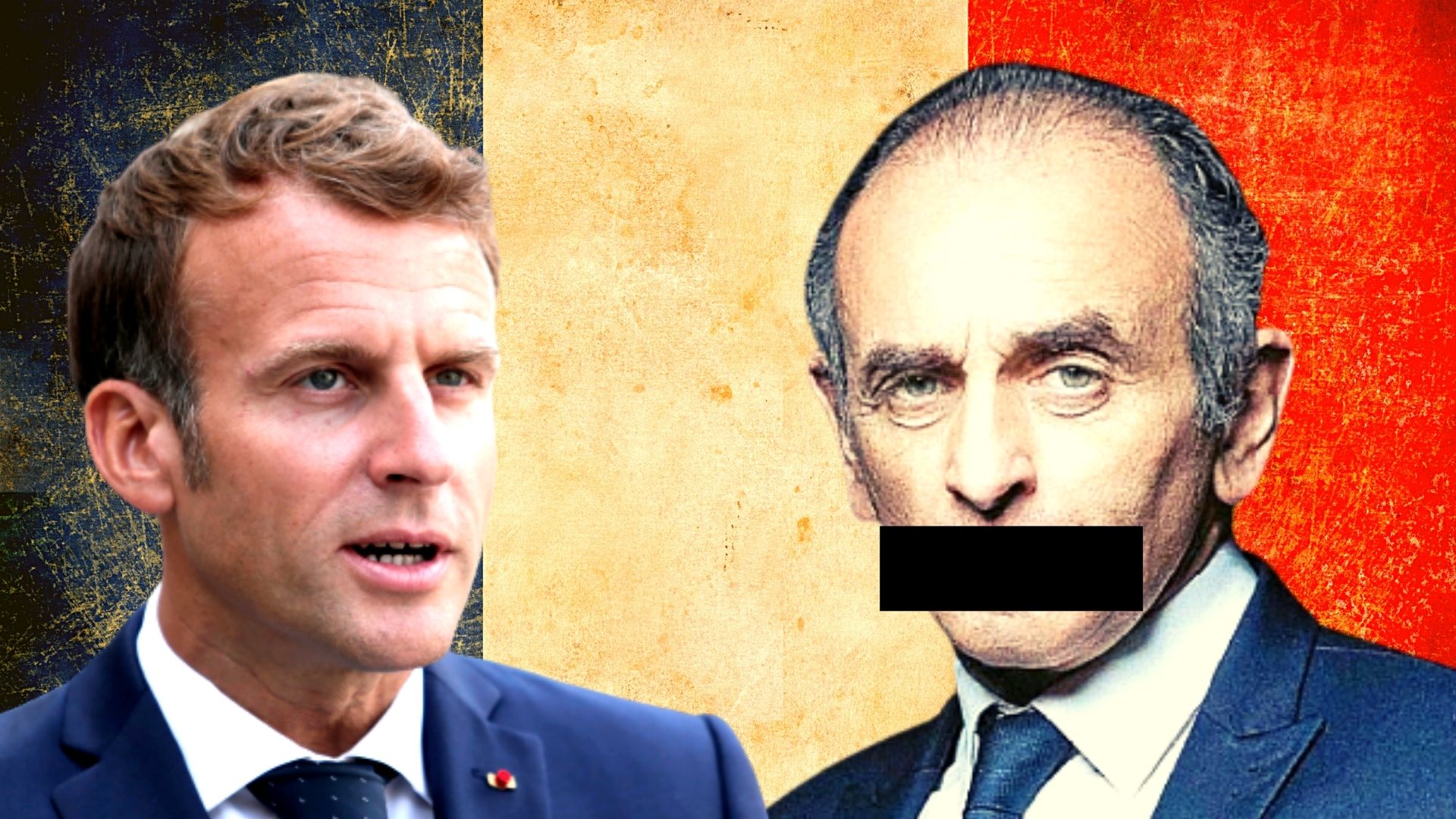An opposition columnist and journalist has been banned from broadcasting on a privately-owned TV station by a decision of the national media authority. This kind of restriction is not happening in Hungary or Poland, which are regularly accused by the Western media of not respecting press freedom.
Instead, this is happening in France, where Éric Zemmour, known for his extremely critical stances concerning President Emmanuel Macron and his government’s policies, especially, but not only, on the issues of immigration and the fight against crime, terrorism, and radical Islam, has had to bid farewell to the CNews channel where he debated with guests from all sides of the political scene for an hour a day from Monday to Friday, attracting to the channel a growing number of viewers.
On Sept. 8, the French media authority, called Conseil supérieur de l’audiovisuel (CSA), asked “the audiovisual media to count Mr. Éric Zemmour’s interventions on the national political debate.” The CSA thus responded positively to a request made a few days earlier by a member of the presidential majority in parliament.
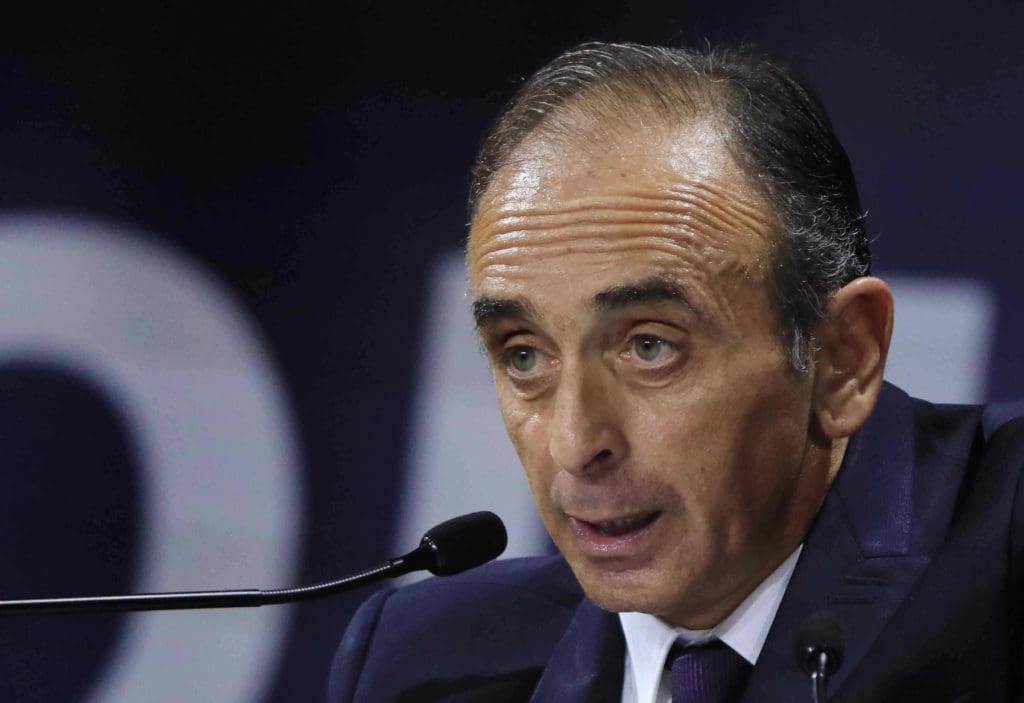
In France, politicians’ speaking time is regulated. Outside of election campaigns (which generally begin about six weeks before an election), the executive branch is entitled to one-third of the airtime of all political figures on each television channel and radio station.
As stated on the CSA’s website, “The rest of the total speaking time is distributed according to the principle of equity among the political parties and movements that express the major orientations of national political life. The criteria used by the CSA include the results in elections, the number, and categories of elected representatives, the size of parliamentary groups, or indications from opinion polls. The contribution of political parties to the political debate is also taken into account. ”
As can be seen, a large part of the speaking time in the public and private media is left to the discretion of the CSA, which also appoints the presidents of the public broadcasting companies. The members of the CSA are appointed by the speakers of the two chambers of parliament, while its president is appointed by the President of the Republic, which makes it a body under the influence of the ruling majority.

So, as of February 2019, its president is a man of Emmanuel Macron’s choosing, but the previous CSA president, appointed by Macron’s predecessor and mentor, also belonged to the same circles — that is to say to the French liberal left, like all its members.
The CSA has therefore decided to treat the CNews columnist as if he were a politician, probably because it believed that Éric Zemmour could be a candidate in next year’s presidential election. Or maybe it is because his positions do not correspond to the line of thought of the government. Indeed, in its press release, the CSA explains that “Mr. Zemmour can now be considered, both by his positions and actions, and by the comments to which they give rise, as an actor in the national political debate.”
If CNews had wanted to keep the 20 hours per month of programming with Éric Zemmour, the TV channel would have had to offer proportional speaking time to the representatives of all the French political forces and to the executive branch, which was of course unfeasible. For this reason, the CSA’s decision, which came into effect on Sept. 9, amounted to an order for a private television station to part company with its most successful columnist.
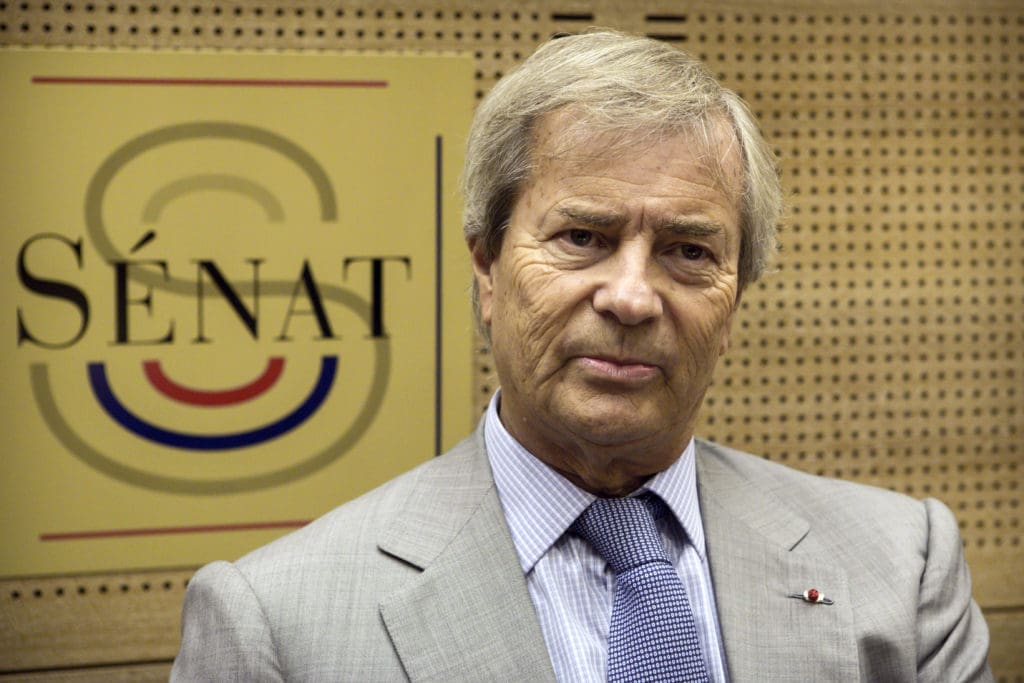
That it is an awkward situation in a country like France is confirmed by left-wing philosopher Michel Onfray who had said at the beginning of the year, commenting on France being classified as a “failing democracy” by the English magazine The Economist, that “freedom ceased to exist in France a long time ago. ”
Commenting on the BFM TV channel (which is very much pro-Macron) on how Éric Zemmour had just been censored by the CSA, Michel Onfray said he was astonished that one could apply the principle of counting the speaking time to a person who has not yet declared his candidacy for the presidency (and who may never stand as a candidate):
“There are a lot of columnists today who defend policies — and they do so in the public media — and it would not come to our mind that we should count this as Emmanuel Macron’s speaking time just because such and such columnist on France Inter serves Macron’s interests every day, morning, noon and night all the time. Some pretend to believe that Zemmour is the only one who does politics, but all journalists do politics. If we have to deduct the time journalists speak, it’s going to get complicated. ”
But let Michel Onfray be reassured, there are not many journalists who are truly opposed to the leftist-liberal consensus of the French mainstream media, and if the CSA’s requirement is to apply only to the conservative, right-wing kind, it should be easily manageable.
The 24-hour news channel CNews, which is part of the Canal+ group now owned by French billionaire Vincent Bolloré, stands out from other French media outlets because of the variety of voices it allows to be heard. Another of the group’s channels, C8, was threatened with sanctions by French government ministers just recently after it aired a film showing abortion in a light deemed too negative.
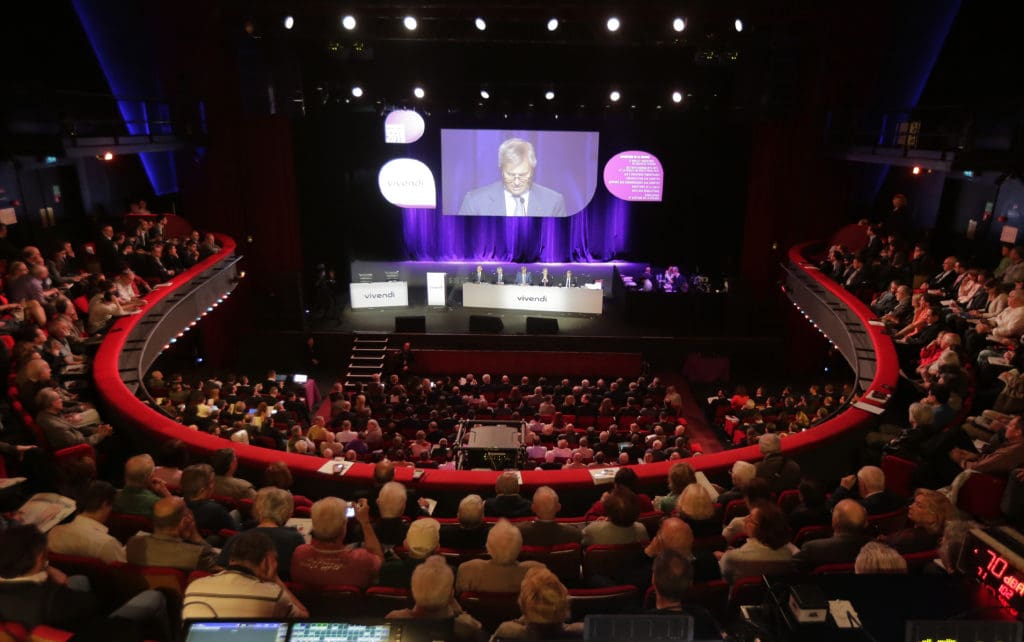
In October 2019, Vincent Bolloré offered Éric Zemmour to appear on the news and debate program Face à l’info after several media outlets had decided not to work with Zemmour anymore following his remarks made at the “Convention of the Right”, a meeting organized by French conservative circles.
Zemmour, himself born of parents of Jewish Algerian origin, then stressed the threat posed by the temporary alliance of liberal totalitarianism and Islamic totalitarianism, which he compared to the Ribbentrop-Molotov Pact between Nazi Germany and communist Russia. The target of both brands of totalitarianism, he emphasized, is primarily the White, heterosexual, Catholic French man, and the French state has become a tool in the hands of those who want to destroy the nation and replace the French with a different people, an alien civilization.”
In September 2020, Éric Zemmour was fined €10,000 by a court for his speech at the Convention of the Right, but the Paris Court of Appeal canceled the fine and released Zemmour of all charges on Sept. 8, 2021. In addition to the reaction of the CSA, which was to impose de facto censorship against Zemmour in all audiovisual media outlets, the French government reacted to the columnist’s victory on appeal by means of an appeal to the Court of Cassation by the public prosecutor’s office and the state-subsidized associations that filed civil suits (which is a specificity of the French system for limiting the freedom of expression in certain fields, and in particular concerning mass immigration).
Is it a coincidence of the calendar? Probably not, because we should probably see in both events the approach of the presidential campaign that should lead to the re-election of Emmanuel Macron despite his disastrous record on immigration and security, two subjects where French people mostly support the views of the likes of Éric Zemmour: the young activists Thaïs d’Escufon and Jérémie Piano, former spokespersons for the Génération Identitaire association dissolved by Emmanuel Macron’s current interior minister, were sentenced on Sept. 9 by a court of first instance to two months’ suspended imprisonment and €3,000 in fines each on the grounds of “incitement to racial hatred”.
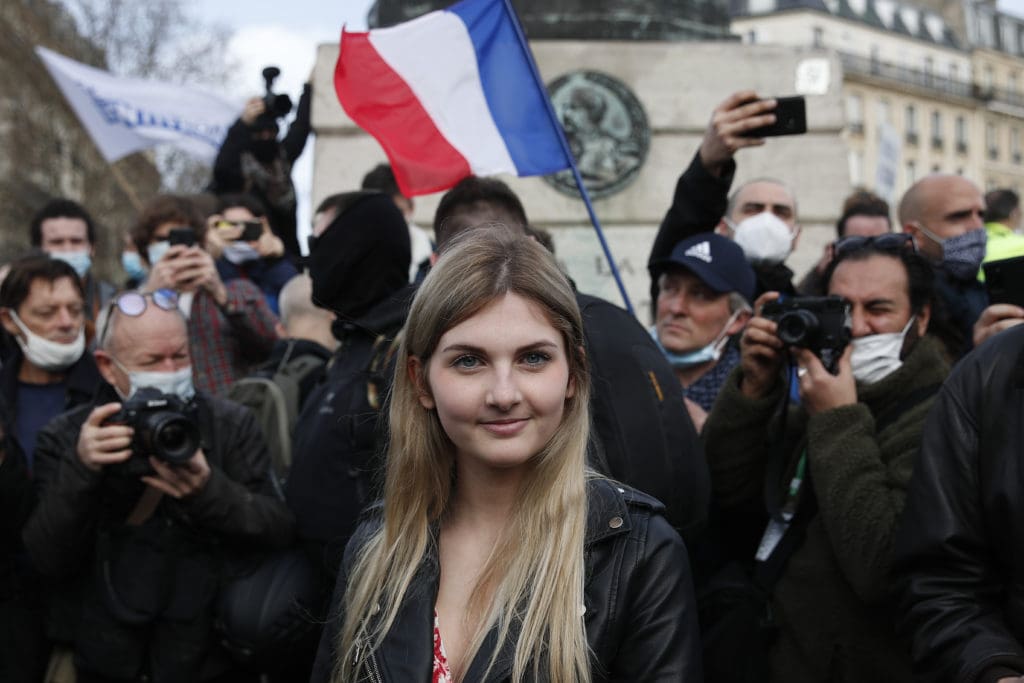
In fact, the two young people, who spoke out on Remix News in the spring (see our interview with Jérémie Piano and the one with Thaïs d’Escufon), had declared in a video, as part of a militant action at the Spanish border to denounce the laxity of the French authorities in terms of migration, that France was facing “a migratory invasion”, that among the “thousands of illegal immigrants already in France” there are “probably thieves, rapists, and potential terrorists” (a fact which has unfortunately found its tragic confirmation many times in the news) and that it is “scandalous that a migrant can cross the border”.
This sad reality is now censored by French political authorities, in much the same way that the communist regimes of the former Eastern Bloc censored and repressed those denouncing their incompetence and failures.


